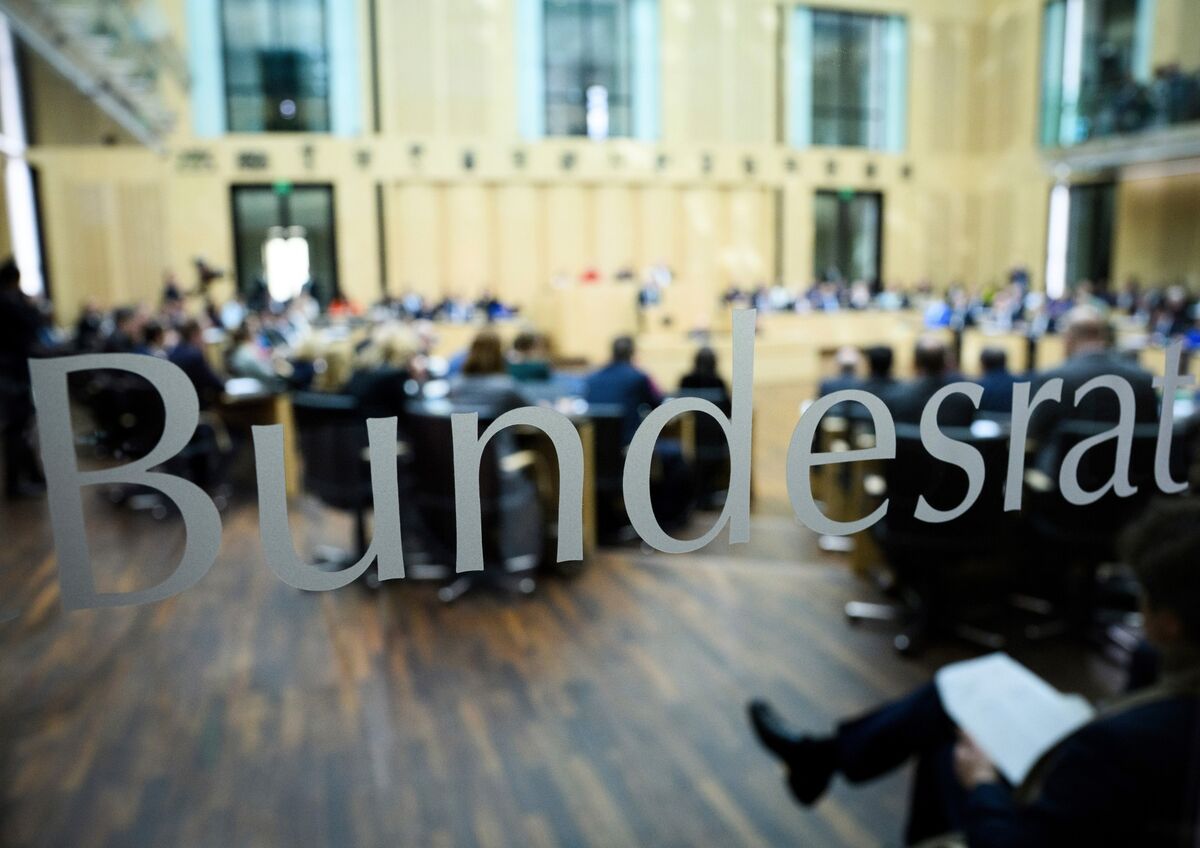Big Spending Bill Approved in Germany: A Closer Look at the Impact
Germany's parliament has approved a massive spending bill, injecting billions of euros into the nation's economy. This landmark legislation, aimed at bolstering Germany's competitiveness and addressing key societal challenges, is generating significant debate and analysis. This article delves into the details of the bill, its potential impact on the German economy and its citizens, and the broader implications for Europe.
Key Provisions of the Spending Bill
The newly approved bill, a multi-year plan, allocates substantial funds to several key areas:
-
Green Transition: A significant portion of the budget is earmarked for investments in renewable energy, energy efficiency, and climate protection initiatives. This includes substantial funding for the expansion of renewable energy infrastructure and incentives for businesses and individuals to adopt sustainable practices. This push aligns with Germany's ambitious climate targets and its commitment to reducing greenhouse gas emissions. Keywords: German Green Deal, renewable energy, climate change, sustainable economy
-
Digitalization: The bill also emphasizes digital transformation, allocating resources for improving digital infrastructure, supporting digital skills development, and fostering innovation in the tech sector. The aim is to strengthen Germany's position in the global digital economy and reduce the digital divide. Keywords: Digitalisierung, digital infrastructure, tech investment, Germany digital economy
-
Infrastructure: Significant investments are planned for upgrading Germany's transportation network, including roads, railways, and public transportation. This focus on infrastructure development aims to improve connectivity, enhance logistics, and stimulate economic growth. Keywords: German infrastructure, transportation investment, logistics, economic growth
-
Social Programs: The bill includes provisions for expanding social welfare programs, focusing on affordable housing, childcare, and healthcare initiatives. This reflects a commitment to addressing social inequalities and ensuring a strong social safety net. Keywords: social welfare, affordable housing, childcare, healthcare Germany
Economic Impact and Potential Challenges
The massive spending injection is expected to have a significant, albeit complex, impact on the German economy. While proponents argue it will boost economic growth and create jobs, critics raise concerns about potential inflationary pressures and the long-term sustainability of such high levels of government spending.
Potential Benefits:
- Stimulated Economic Growth: Increased government spending can boost demand and stimulate economic activity, leading to higher GDP growth.
- Job Creation: Investments in infrastructure, renewable energy, and digitalization are expected to generate numerous employment opportunities.
- Improved Competitiveness: Upgrades to infrastructure and investments in technology aim to enhance Germany's competitiveness on the global stage.
Potential Challenges:
- Inflationary Pressures: Increased government spending could fuel inflation if it outpaces the economy's capacity to produce goods and services.
- Debt Sustainability: The significant increase in government debt raises concerns about the long-term fiscal sustainability of the plan.
- Implementation Challenges: Effectively managing and implementing such a large-scale spending program presents significant logistical and administrative challenges.
Broader European Implications
Germany's substantial spending bill has broader implications for the European Union. Its commitment to green transition and digitalization sets an example for other member states and could influence EU-wide policies. The success or failure of this initiative could have significant repercussions for the overall economic performance of the European Union. Keywords: EU economy, European Union policy, German influence on EU
Conclusion: A Bold Gamble?
The approval of this massive spending bill represents a bold gamble by the German government. While the potential benefits are substantial, the challenges are significant and require careful management. The coming years will be crucial in determining whether this ambitious plan delivers on its promises and shapes a stronger, more resilient German economy. Continued monitoring and analysis are essential to fully understand the long-term effects of this landmark legislation.
Call to Action: What are your thoughts on Germany's ambitious spending bill? Share your opinions in the comments below!
